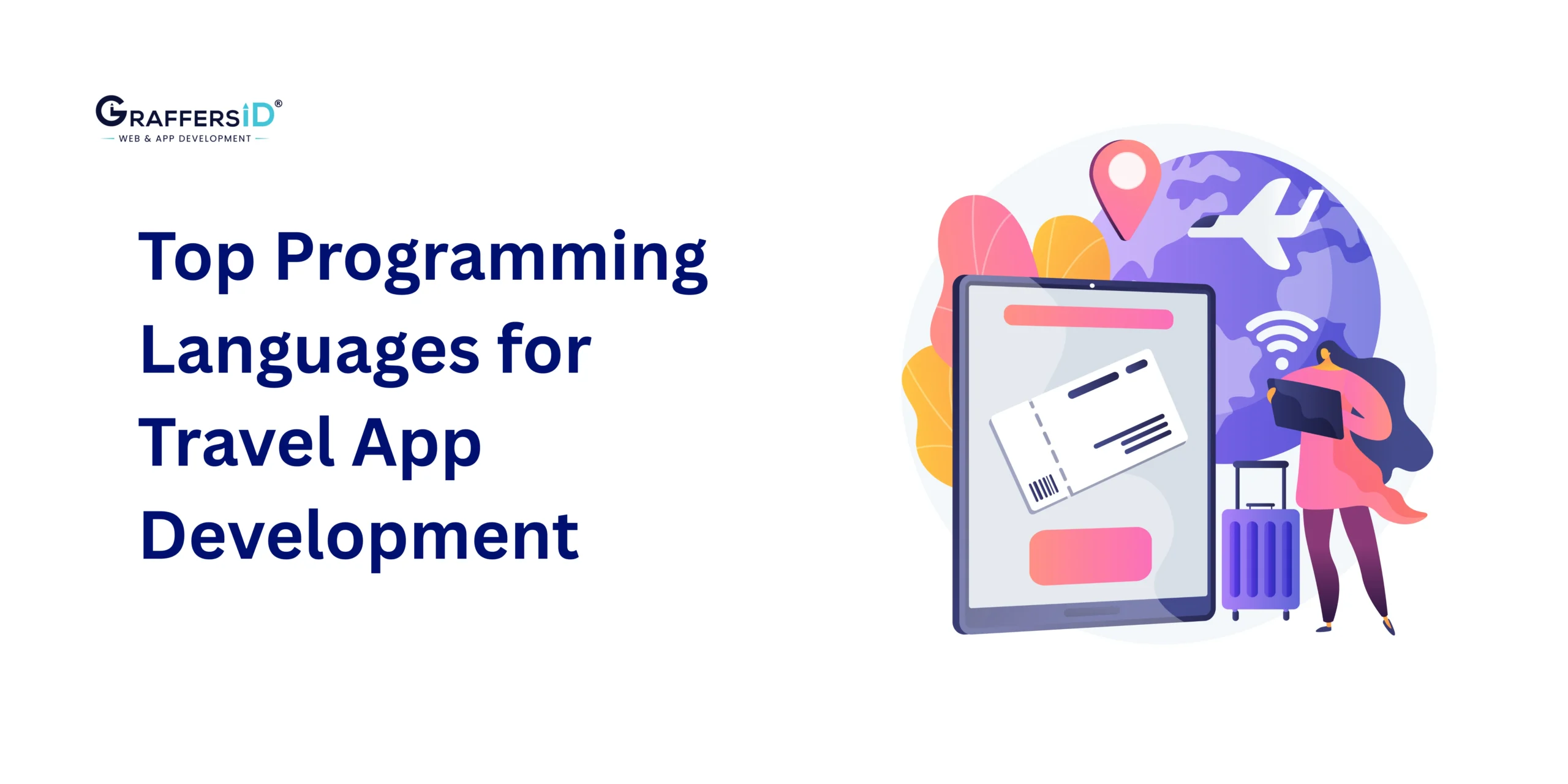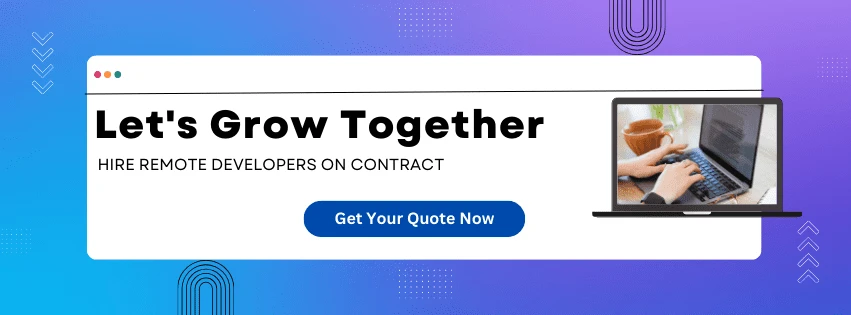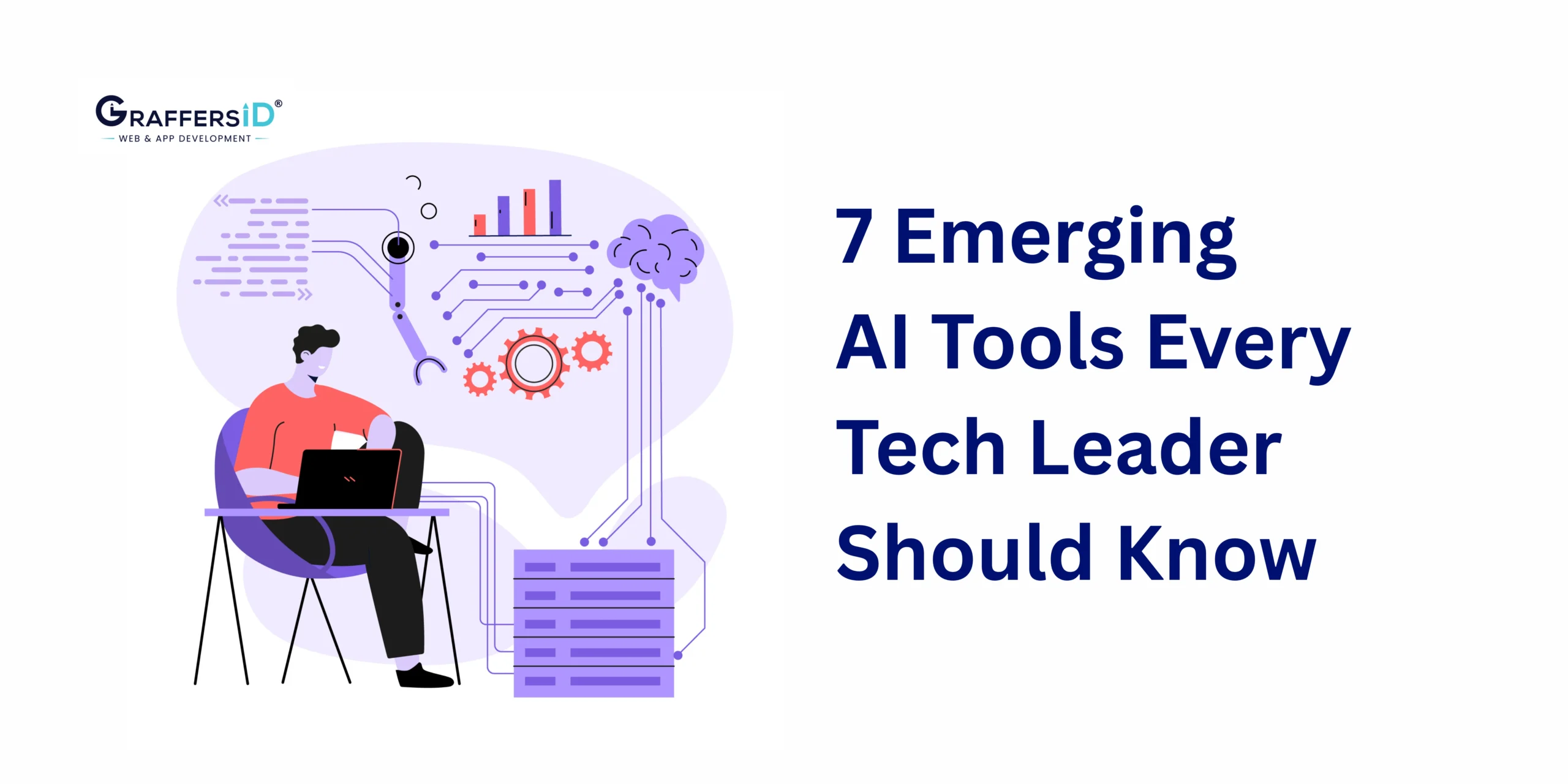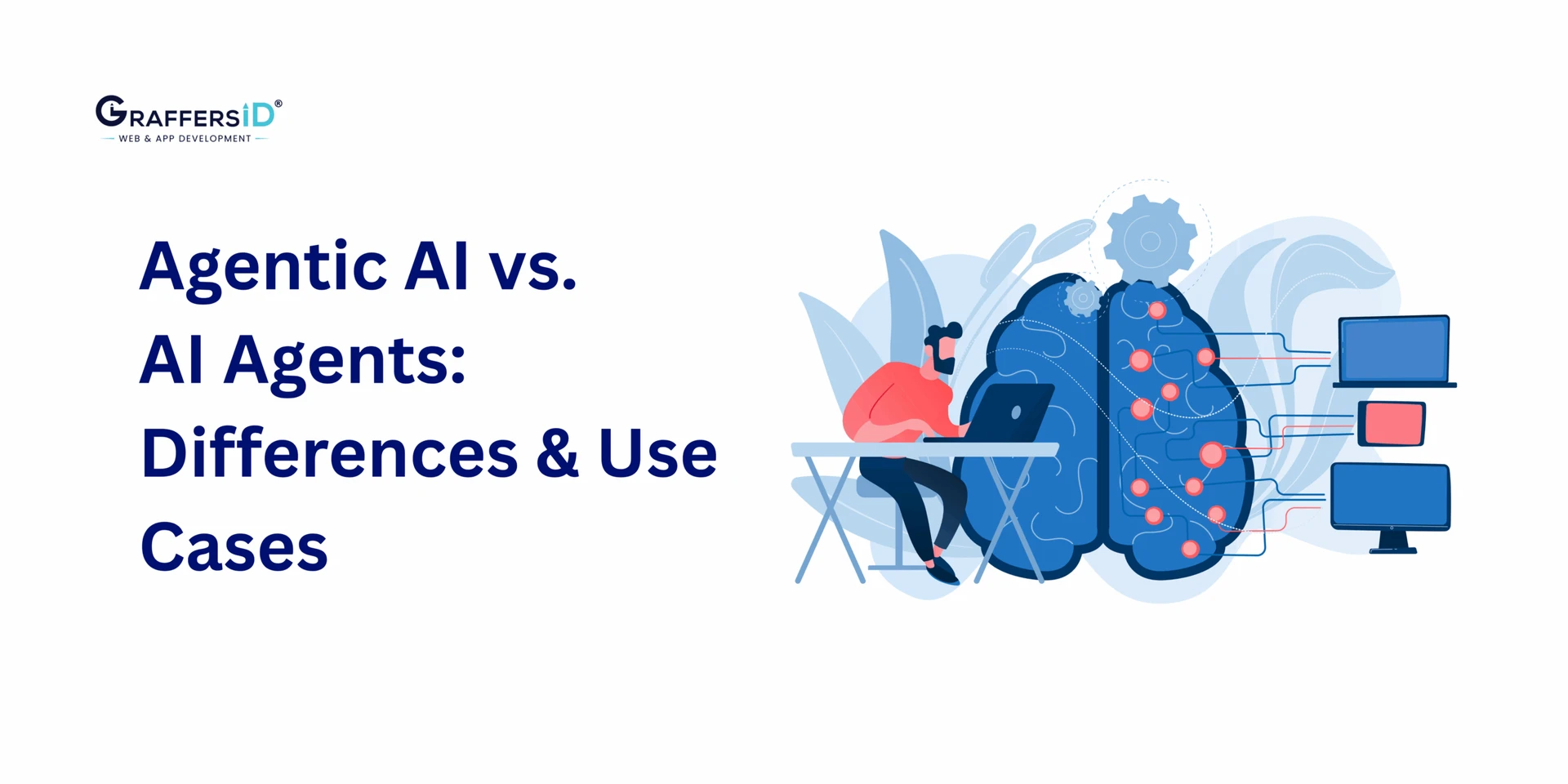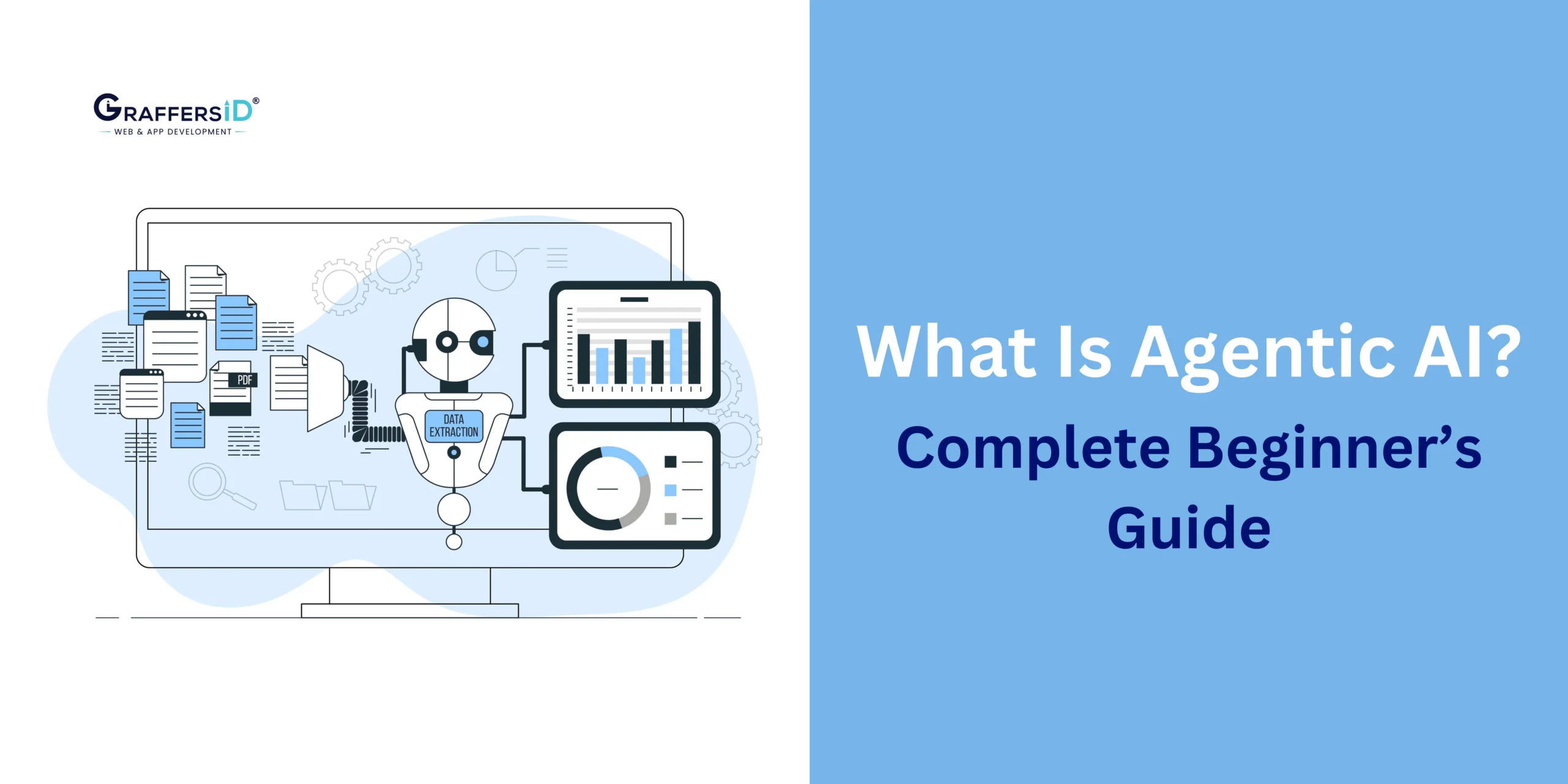The travel and hospitality industry in 2026 is digital-first, AI-powered, and customer-centric. Today, more than 80% of travel bookings are made online, and over 60% of those are shaped by AI-driven personalization, from predictive pricing to intelligent trip recommendations.
For CTOs, CEOs, and product leaders, the challenge isn’t just launching a booking platform; it’s about choosing the right programming languages and tech stack to build secure, scalable, and future-proof solutions.
Whether it’s real-time booking engines, AI-powered travel assistants, or super apps that combine flights, hotels, and experiences into one seamless journey, your choice of technology can determine whether your travel business leads the market or falls behind.
In this blog, we’ll break down the 7 best programming languages for travel and hospitality in 2026, their strengths, real-world use cases, and why they’re powering the next generation of travel platforms worldwide.
Why Technology is Changing Travel App Development in 2026?
Travel companies are no longer just service providers; they’re digital experience companies. Here’s how new technologies are reshaping the industry:
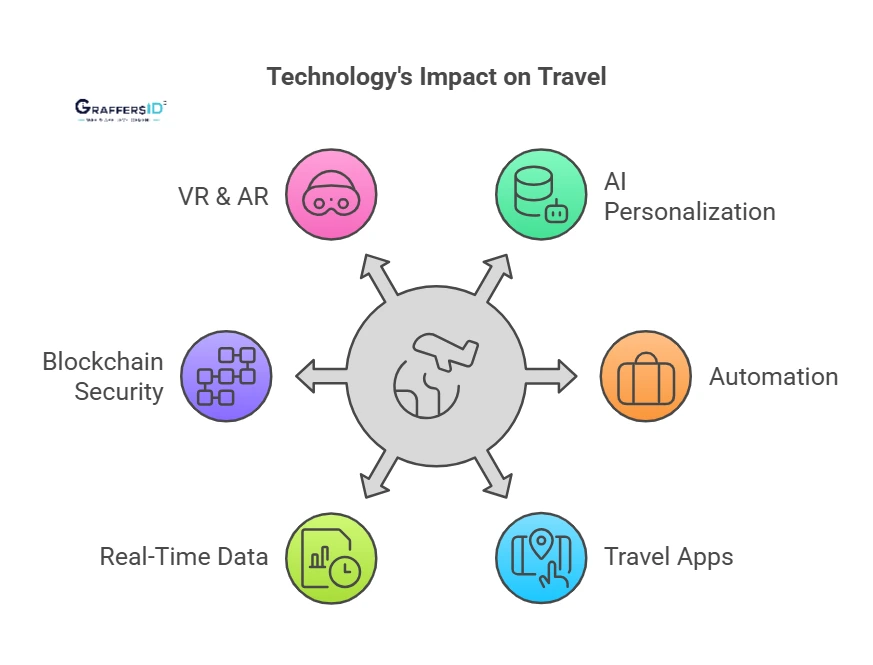
- AI Personalization: Through personalized travel experiences, AI-driven recommendations, predictive pricing, and smart assistants, AI enhances consumer interaction.
- Automation & Self-Service: Automated self-check-ins, adaptive pricing algorithms, and automated customer support systems remove the need for human intervention, making processes more efficient.
- Travel Super Apps: Integrated apps that offer flights, hotels, and other services on a single platform for easy booking and trip management.
- Real-Time Data Processing: Technologies like big data and IoT enable travel agencies to process flight delays, weather, and customer preferences in real-time.
- Blockchain for Security and Payments: Blockchain-based transactions offer secure and transparent financial transactions in travel bookings.
- AR/VR Experiences: Tourists can visit hotel rooms, places, and attractions virtually before booking.
Technology is no longer an enabler; it’s the foundation of customer trust and loyalty in travel.
Read More: How to Build an AI Agent in 2026: A Strategic Guide for CTOs and Tech Leaders
Key Factors for Choosing the Right Programming Language for Travel App Development
Before deciding, CTOs and product heads should evaluate these critical factors:
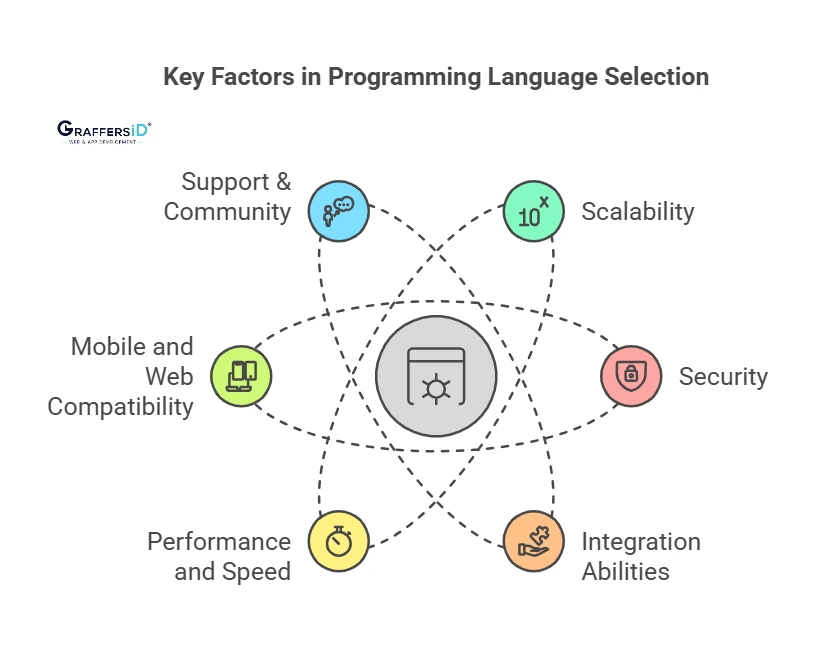
- Scalability: The platform must be able to support heavy traffic, particularly during peak season. A scalable language will maintain consistent performance even with growing user requirements.
- Security: Travel and hospitality companies process sensitive customer data, including payment details and personal details. It is therefore important to select a language that supports strong security frameworks.
- Integration: A good language should interact easily with third-party services, such as AI chatbots, payment gateways, and IoT devices, to improve the user experience.
- Performance & Speed: Travel platforms require real-time data processing for bookings, weather updates, and availability checks. The programming language should deliver fast response times.
- Mobile + Web Compatibility: With the growing popularity of travel bookings through mobile apps and responsive websites, the language should be able to handle both web and mobile development efficiently.
- Developer Community Support: An active developer community provides constant updates, bug patches, and a variety of tools, making development easier and more efficient.
Now, let’s look at the top programming languages for the travel and hotel industry in 2026.
7 Best Programming Languages for Travel App Development in 2026
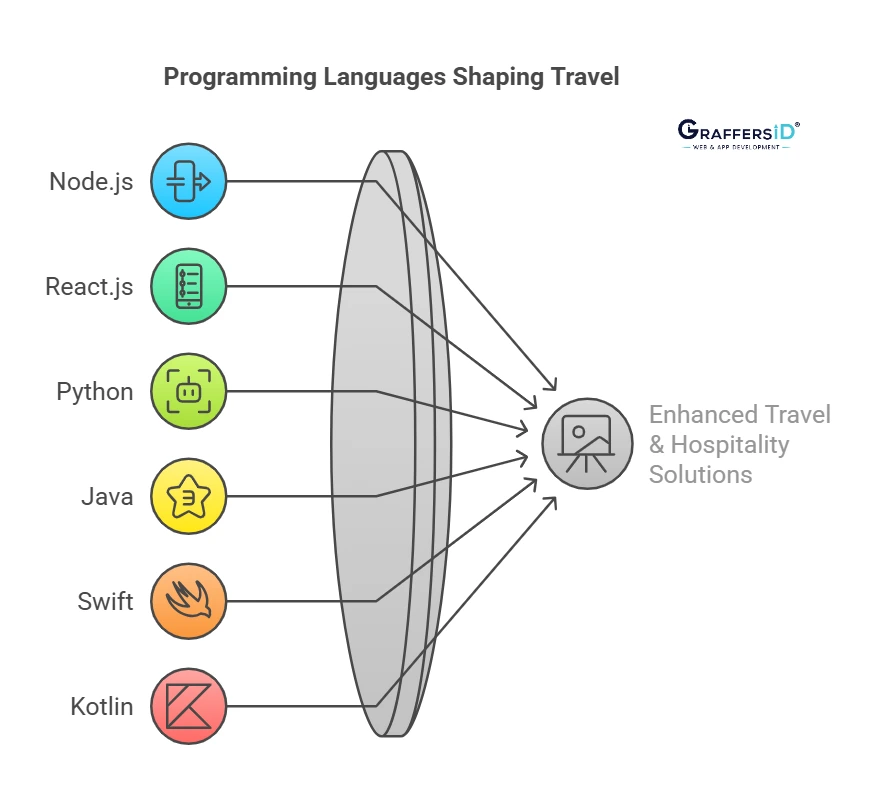
1. Node.js: Best for Real-Time Booking Platforms and APIs
Real-time responses and high-performance applications have become important in today’s dynamic travel sector. Node.js is a great pick for developing scalable, event-driven travel websites capable of processing thousands of requests simultaneously.
Why Node.js?
- Processes real-time data effectively, and hence is ideal for booking engines and dynamic pricing systems.
- Non-blocking architecture supports thousands of simultaneous requests without slowing down, reducing response times.
- Used by platforms like Expedia, Skyscanner, and TripAdvisor for its performance and scalability.
Use Cases of Node.js
- Real-time booking APIs (flights, hotels, weather).
- AI-powered chatbots for instant customer service.
- Interactive travel maps and live flight tracking.
Struggling with slow booking systems? Hire Node.js experts from GraffersID to help you build scalable, high-performance platforms.
2. React.js: Best for Interactive Travel Websites and Apps
As the need for interactive user experiences continues to increase, React.js is still a top front-end framework for travel apps. Its flexibility and high performance make it ideal for dynamic interfaces and interactive travel booking platforms.
Why React.js?
- Enables fast, responsive, and user-friendly UIs, which improve the travel booking experience.
- Allows single-page applications (SPAs) for easy navigation and real-time data updates.
- Backed by Facebook (Meta), with ongoing improvements and strong community support.
Use Cases of React.js
- Dynamic flight and hotel booking platforms.
- Personalized trip planners and itineraries.
- Progressive Web Apps (PWAs) for mobile + desktop experiences.
Need React.js developers? GraffersID provides dedicated remote teams to scale your travel business.
3. Python: Best for AI-Powered Personalization and Analytics
Travel experiences are being transformed by artificial intelligence and machine learning, and Python is at the forefront of these advancements. Python’s rich libraries and smooth integration make it best for AI-driven customization in travel platforms.
Why Python?
- Enables AI, machine learning, and data science to be a prerequisite for personalization.
- Simplifies backend development with Django and Flask frameworks.
- Used by travel AI assistants, fraud detection systems, and customer service automation tools.
Use Cases of Python
- AI-based travel recommendation engines.
- Dynamic pricing and demand forecasting.
- Fraud detection in online bookings.
4. Java: Best for Large-Scale Travel and Hotel Systems
Java is the preferred option for large-scale travel systems since it has been an important player for enterprise-level applications. Its high-volume transaction capacity and strong security features make it perfect for airline reservation systems, hotel management software, and travel companies with worldwide operations.
Why Java?
- Highly scalable and secure for large-scale enterprise applications such as airline reservation systems.
- Supports multi-threading, so it can serve millions of simultaneous users.
- Used by major travel agencies and airline companies for its stability and dependability.
Use Cases of Java
- Java is the foundation of major airline reservation systems.
- Ensures compliance with financial regulations in the travel industry.
- Handles customer membership and loyalty programs effectively.
5. Swift: Best for iOS Travel Apps
With an expanding number of iOS users in the travel industry, Swift has emerged as the preferred language for creating fast, dependable, and high-performance iOS apps. Swift allows developers to create intuitive mobile experiences for Apple users, from smooth hotel bookings to interactive trip guides.
Why Swift?
- Provides high performance and smooth animations for native iOS applications.
- Enables ARKit integration, allowing for augmented reality-based hotel and city tours.
- Used by popular iOS travel apps like Kayak, Hopper, and Expedia.
Use Cases of Swift
- Easy hotel, flight, and car rental reservations for iPhone users.
- Enables tourists to see hotel rooms in 3D before making a reservation.
- Enhances user experience with location-based recommendations.
6. Kotlin: Best for Android Travel Applications
Android is currently leading the global smartphone market, making Kotlin an essential language for travel and hospitality applications. Kotlin is commonly used for Android apps that provide easy trip-booking experiences and personalized recommendations to increase productivity and reduce development time.
Why Kotlin?
- Officially endorsed by Google for Android development.
- Provides better memory management and security than Java.
- Reduces boilerplate code, making app development faster and more efficient.
Use Cases of Kotlin
- User-friendly apps for easy hotel and flight reservations.
- Chatbots and voice assistants are offering real-time travel updates.
- Integrated artificial intelligence suggests optimized travel routes and schedules.
7. PHP: Best for CMS-Based Travel Websites
The travel sector depends greatly on content management, with websites displaying detailed trip guides, blogs, and booking options. PHP remains a popular choice for building CMS-based travel systems due to its flexibility, cost-effectiveness, and SEO-friendly features.
Why PHP?
- WordPress, Laravel, and Drupal are popular travel website frameworks.
- Ideal for content-heavy platforms, allowing businesses to effectively manage blogs, travel guides, and booking engines.
- Used by hotel booking systems and travel websites.
Use Cases of PHP
- Ideal for travel businesses that offer travel guides and location reviews.
- Manages backend logic for price comparisons and availability changes.
- WordPress-based solutions for bloggers and travel businesses.
Latest Travel App Development Trends in 2026 Shaping Programming Language Choice
The travel business is changing quickly, with new technology influencing the future of digital travel experiences. The main trends driving this change are:
- AI Assistants & Voice Search: AI-powered chatbots and voice-enabled assistants offer quick responses, increasing customer engagement.
- Blockchain Payments: Bookings are more secure and transparent with decentralized and tamper-proof payments.
- IoT-Powered Smart Hotels: Automated check-ins, smart room controls, and predictive maintenance increase operational efficiency.
- AR/VR Tours: Virtual previews of hotel rooms and destinations help travelers make informed booking decisions.
- Super Apps & API Ecosystems: One-stop platforms for flights, hotels, and experiences make traveling easier.
These innovations are redefining how businesses interact with travelers, making innovation a competitive advantage in the market.
Read More: UI vs UX Design in 2026: How AI is Redefining Digital Experiences
Best Programming Languages for Travel App Development by Use Case
Programming languages vary for various travel and hospitality applications. Here’s a breakdown of the best options for specific use cases:
| Use Case | Best Programming Language |
| Real-time booking systems | Node.js |
| AI-powered personalization | Python |
| Web-based travel platforms | React.js, PHP |
| iOS mobile apps | Swift |
| Android mobile apps | Kotlin |
| Enterprise-scale booking systems | Java |
| API-driven travel applications | Node.js |
You can ensure an optimized, efficient, and scalable travel technology stack by choosing the appropriate programming language for your specific needs.
Conclusion: Future-Proofing Your Travel Tech Stack in 2026
The travel and hospitality industry in 2026 is AI-driven, mobile-first, and automation-powered. Choosing the right programming language isn’t just about development; it’s about creating secure, scalable, and customer-focused platforms that keep travelers engaged.
-
Node.js + React.js: Build real-time and interactive booking platforms.
-
Python + Java: Power AI personalization and enterprise-scale systems.
-
Swift + Kotlin: Deliver seamless iOS and Android travel apps.
-
PHP: Run CMS-driven travel blogs and booking websites.
The future belongs to businesses that combine multiple languages strategically (e.g., React.js frontend + Node.js backend + Python AI engine).
Looking to build next-gen travel solutions?
GraffersID provides top AI developers, web and mobile experts, and remote teams to help you scale your travel or hospitality platform efficiently.
Hire AI developers from GraffersID and future-proof your travel business in 2026.
